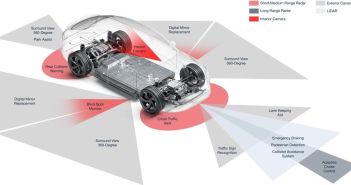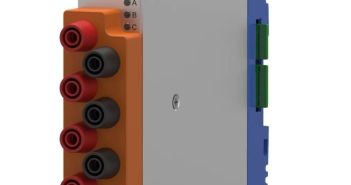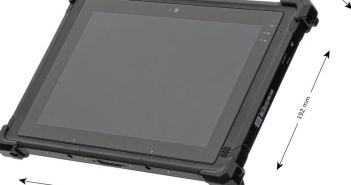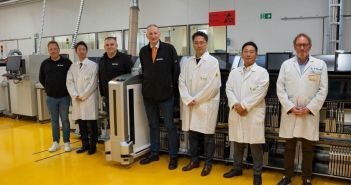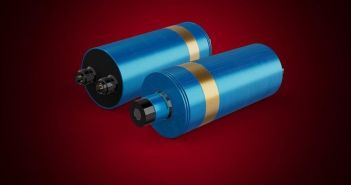The Global Warehousing Study 2023 conducted by Zebra Technologies reveals that 58% of warehouse decision-makers are planning to implement Radio Frequency Identification (RFID) technology by 2028. This technology offers increased inventory visibility and reduces stockouts. Over the next five years, the majority of warehouse managers intend to utilize RFID readers and industrial scanning solutions to enhance tracking of assets, employees, and goods.
Accelerated modernization leads to improved returns management
The survey reveals that 74% of European warehouse decision-makers have either accelerated or plan to accelerate their modernization projects. This has a positive impact on the returns management, which is considered the most important operational challenge by nearly half of the surveyed warehouse decision-makers. In Europe, this percentage stands at 43%, a 12-percentage point increase compared to the previous year.
The majority of warehouse decision-makers are under pressure to improve their performance and meet the changing demands of e-commerce. Inaccurate inventory and stockouts continue to be a major challenge for productivity. Both employees and decision-makers believe that better inventory management tools are needed to achieve higher accuracy and availability. 94% of European decision-makers intend to invest in technologies by 2028 to increase transparency along the entire supply chain.
Automation boosts efficiency and productivity in warehouses
Warehouse decision makers are increasingly turning to automation to optimize processes and improve inventory visibility. According to a study by Interact Analysis, the demand for automation projects is expected to rise again by 2024. 69% of warehouse decision makers have already automated workflows or plan to do so by 2024, aiming to support warehouse employees and shift their focus to customer-oriented tasks. Automation enhances efficiency and productivity by reducing manual picking, order errors, and lead times. The use of technology and automation empowers warehouse employees to achieve or exceed their productivity goals.
Decision-makers prioritize sustainable operations in warehousing
Decision makers in the warehouse industry prioritize solutions that create sustainable operational processes. This is influenced by regulations, energy costs and scarcity, as well as the expectations of customers, employees, and investors. For example, 78% of European warehouse decision makers focus on reducing emissions and waste. It is important for warehouse technology solutions to maximize battery life.
RFID technology in warehouse management offers a wide range of benefits. It provides increased inventory transparency, reduces stockouts, and enhances tracking of assets, employees, and goods. Through modernization projects, warehouse managers can improve their returns management and work more efficiently. Automating workflows boosts employee efficiency and productivity. Additionally, implementing sustainable operating practices contributes to environmental conservation. Overall, RFID technology is an indispensable tool for warehouse personnel and professionals in various industries, offering numerous advantages.



